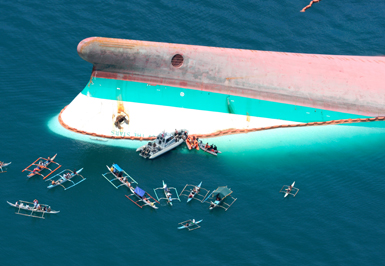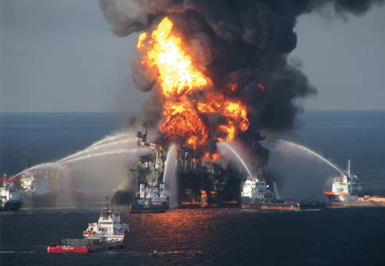Established back in 1920, the goal of the Jones Act was to defend the American shipping industry from foreign competition and secure the workplace for mariners. Among other things, it allows only American ships to deliver cargo from one US port to another. While a foreign ship can visit more than one port at a time and pick up US goods while it does so, it can’t redistribute them to other American ports.
For the most part, the Jones Act is associated with the protections it provides mariners. However, more and more, industry professionals are seeing the negatives associated with the act. The term “American ships” is a literal one, after all. This means the ships have to actually be produced in America, not simply utilized by an American company or sporting the American flag.
This is especially an issue for transporting oil. Under the Jones Act there are only 32 tankers eligible for the job and just 42 barges. Until the oil boom there wasn’t a need for much more. But with the skyrocketing demand, and foreign ships unable to pitch in, oil prices will continue to rise. Industry analysts estimate the cost for operating a tanker has already risen 87% in the past 18 months alone. This equates to around $85,000 a day just to transport oil from one American port to another.
Another way of looking at the expenditure is that it costs between $5 and $6 to transport a barrel of oil from the Gulf Coast to an East Coast refinery. However, it would only cost $2 to move that same barrel to Canada, as it counts as an international port.
While they specialize in maritime accidents, Kirkendall Dwyer LLP keeps abreast of all news related to their industry. Stories like the above help support their knowledge of maritime laws to better understand the clients they represent.










